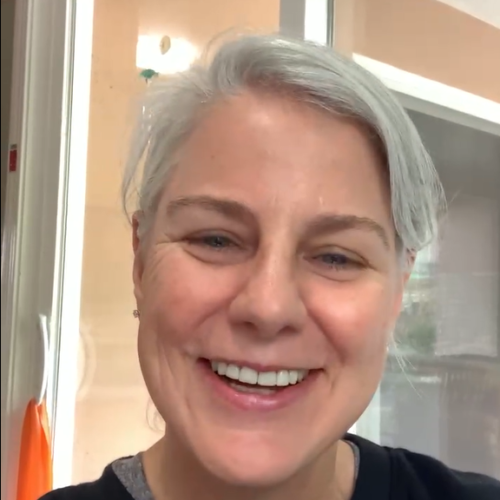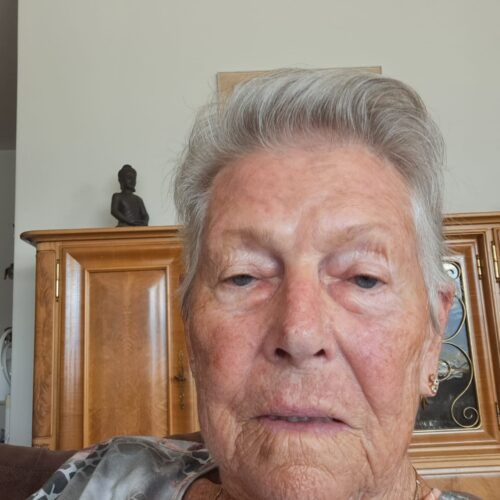Navigating the Caregiver Burden
Caring for a loved one is a heartfelt expression of compassion, yet it often accompanies a profound burden. In the United States alone, over 53 million individuals take on the role of family caregivers, contributing an astonishing $470 billion in unpaid labor annually. However, behind these staggering statistics lie stories of sacrifice, compromised health, and emotional strain. Studies show that long term caregiving exacts a toll, leading to diminished self-care, heightened depression, and psychological distress. To illuminate these challenges, we’ve conducted a survey to uncover insights into their experiences, shedding light on this often-overlooked aspect of society.
Being a family caregiver for a senior presents a myriad of challenges, each demanding emotional resilience, and practical solutions. From the emotional stress of witnessing their loved ones’ decline to the logistical hurdles of ensuring their safety and comfort, caregivers navigate a complex landscape. Balancing caregiving responsibilities with work adds another layer of strain, leaving caregivers feeling exhausted and overwhelmed. The physical demands can be taxing, especially when seniors require assistance with mobility or personal care tasks. Additionally, the constant worry about their health and safety weighs heavily on caregivers’ minds, leading to feelings of guilt and apprehension.
“My biggest challenge is having to do everything myself.”
“I Struggle with having no time for myself.”
“I call them all the time.”
“I try not to leave my loved one for more than an hour at a time; at night I have a baby monitor to hear their movements and calls.”
Addressing the challenges of caring for a senior loved one requires a multifaceted approach, as reflected in the diverse responses shared in our survey. Family caregivers often grapple with the uncertainty of not being able to monitor their loved ones around the clock. In response, they adopt proactive measures such as frequent calls, video monitoring, or personal check-ins to stay connected and ensure their well-being. Additionally, caregivers actively seek out new information and support from medical professionals to prevent unforeseen changes in their seniors’ health status.
“I do Pilates and breathing exercises.”
“I just deal with it while screaming on the inside.”
The emotional strain of caregiving can be profound, often making it a challenging journey for many. To cope, they employ a variety of strategies, including seeking support from family and friends, praying, and engaging in activities that promote self-care and stress relief. Whether through meditation, mindfulness practices, or professional counseling, caregivers need to recognize the importance of addressing their own emotional needs to provide better support for their loved ones.
Hope on the Horizon: Introducing Helpany
The survey reveals that over 90% of caregivers are interested in a peace-of-mind system to alleviate constant worries about their seniors’ well-being. This is where Helpany comes in.
At the heart of Helpany’s product is an app and the radar-based device called Paul, ingeniously designed to make the well-being of seniors visible and to keep family caregivers informed if they need help. Paul respects privacy as no camera or microphone is used. He senses human motion, which reveals the level of physical activity, daily routines, and behavioral habits of seniors for family caregivers through the corresponding app. This empowers caregivers to remain connected and informed even as they go about their daily responsibilities. With Helpany, caregivers can alleviate the burden of constant worry, enabling them to provide better care while prioritizing their own well-being.











